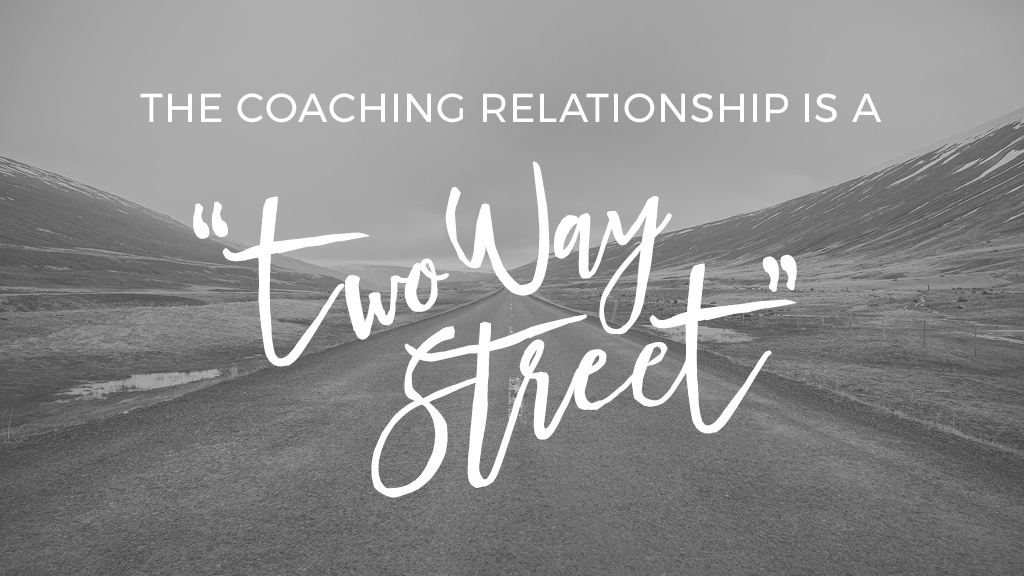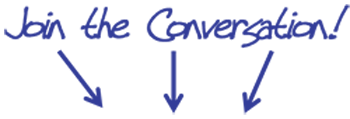
Guest post by Ford R. Myers
President, Career Potential, LLC
People who are seriously considering engaging the services of a professional coach or consultant usually ask many questions about what the advisor “will do or should do” in order to make the coaching relationship work for the client. This is certainly reasonable and understandable.
However, there are also several “prerequisites” or standards that the client must meet for the engagement to produce optimum results.
Unfortunately, these criteria are rarely discussed during the “contracting process” between consultant and client.
There are at least six behaviors and attitudes which clients need to embrace to help make any coaching engagement successful:
- Treat the consulting relationship as a real priority in your life (fully-invested; not an “afterthought” or a distraction)
- Be coachable (open-minded, trusting, non-defensive, willing to go a bit outside of your comfort zone, flexible, committed to the process)
- Show-up for appointments (in-person, via phone, on Skype)
- Do your “homework” promptly (written exercises, reading, research)
- Be 100% honest with your coach (candid, vulnerable, “real,” sincere, direct, unguarded)
- Hold to your commitments and be “self-accountable” (with the support and structure of your coach)
In my work as an Executive Career Coach, I make it clear (either explicitly or implicitly) to prospective clients that “this is a two-way street.” Of course, I commit 100% to doing my part to the best of my ability.
But the client also has a vital role to play in the consulting relationship, with important commitments and responsibilities (listed above).
Discussing these items candidly before getting started in a new coaching engagement has proven to be a productive exercise, and it has been mutually beneficial.
Such a conversation “screens out” prospective clients who are not a good fit for my programs; it empowers clients to take full responsibility for their part of the work; it sets clear expectations and eliminates incorrect assumptions; and it allows me to hold my clients accountable when they inevitably experience resistance or avoidance during the coaching process. In other words, this dialogue clears the way for clients to achieve their goals more efficiently and productively – which makes everybody happy!
What do you think? Leave a comment below and...



